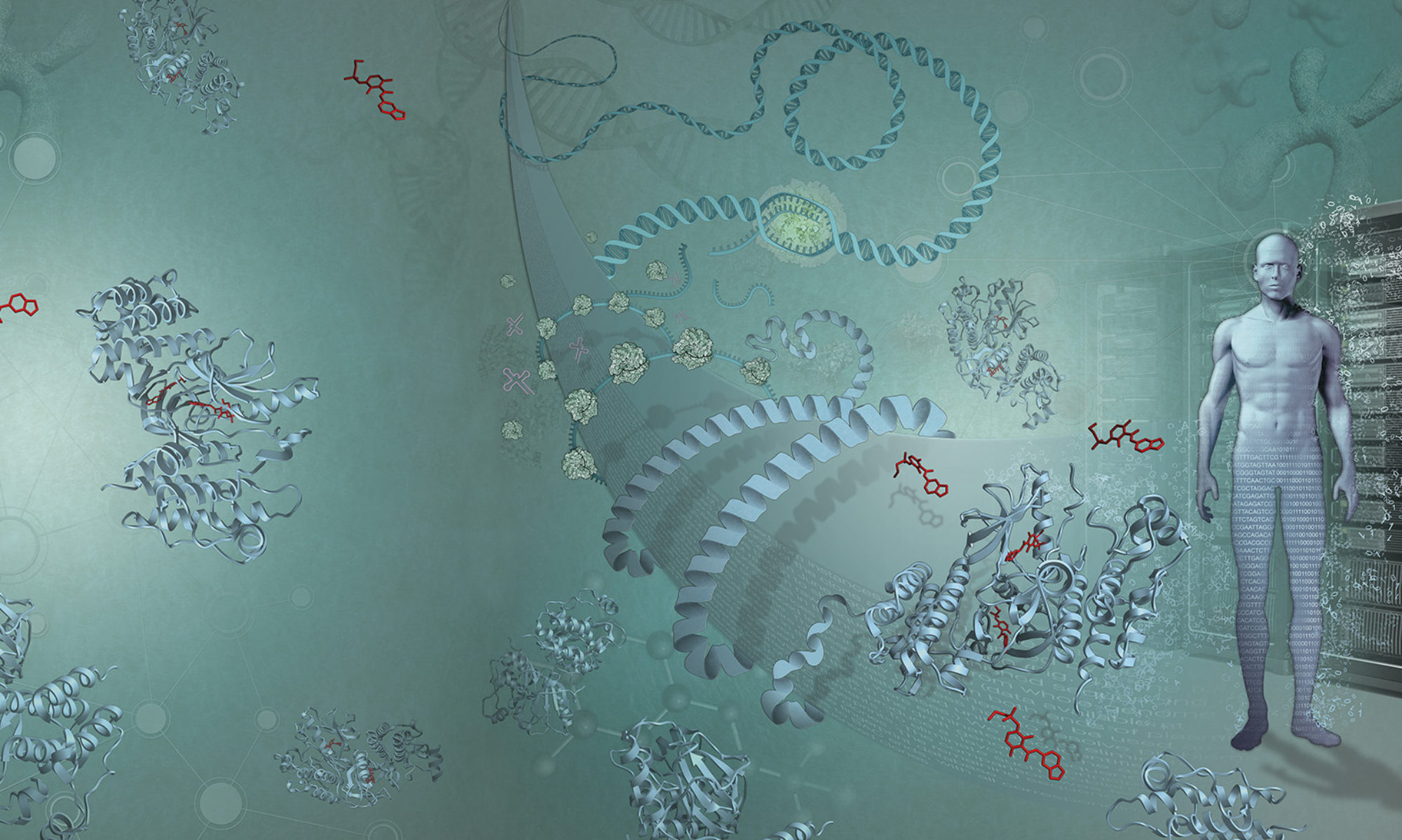Am Montag, 26. November, wurde ein Artikel veröffentlicht, der behauptet dass chinesische Wissenschaftler in Shenzhen mit CRISPR das Genom von fortpflanzungsfähigen menschlichen Embryonen verändert haben, und die Geburt von Zwillingen mittels CRISPR-Technologie verändertem Erbgut stattgefunden hat. Die erste Version der Veröffentlichung war bruchstückhaft, und wurde anders als gängiger Standard in der Wissenschaft nicht im Rahmen eines wissenschaftlichen Papers nach abgeschlossenem Peer-Review-Verfahren publiziert. Der Mangel an Fakten legt nahe, dass innerhalb der nächsten Tage neue Details auftauchen können.
Dass mittels CRISPR-Technologie das Erbgut von Embryonen verändert werden könnte, ist seit längerer Zeit bekannt. Aufgrund von strengen Reglementierungen in Deutschland und Europa sind derartige Experimente hier strikt verboten. Dieser Blogeintrag gibt einen kurzen Einblick in die CRISPR-Technologie, und bietet Erklärungen und Gedankenansätze zu diesem Thema.
Ich möchte dabei vor allem drei Punkte vermitteln. Der erste Punkt ist, dass CRISPR-Forschung an menschlichen Zellen starke Regulierungen erfordert, damit in der Gesellschaft in Bezug auf CRISPR-Technologie, die in der biomedizinischen Forschung ja durchaus auch Chancen eröffnet, Vertrauen aufgebaut werden kann. Der zweite Punkte ist, dass diese unangemessene Studie unethisch ist, und nach europäischen Maßstäben illegal. Drittens halte ich diese Studie für schlecht durchdacht. Grundlegende Standards einer wissenschaftlichen Arbeit wurden nicht erfüllt.
Continue reading “CRISPR Babys – Wissenschaft und Ethik auf dem Prüfstand”
